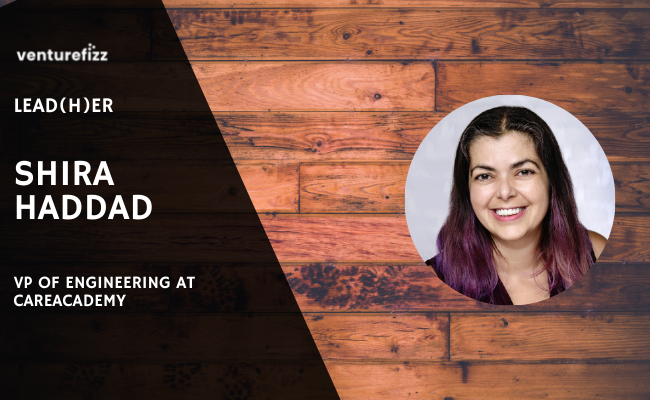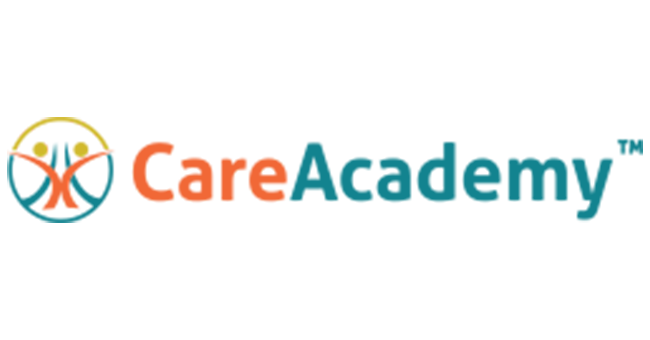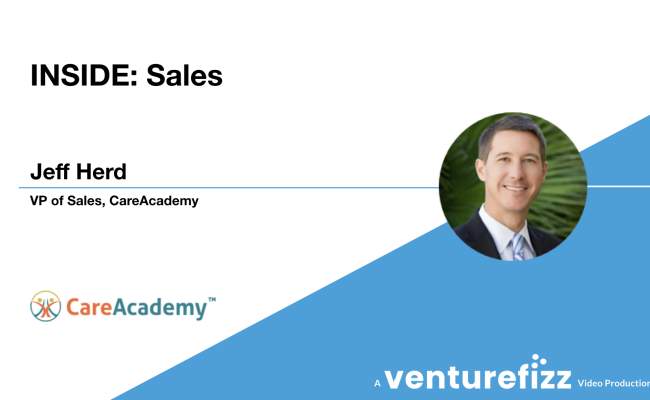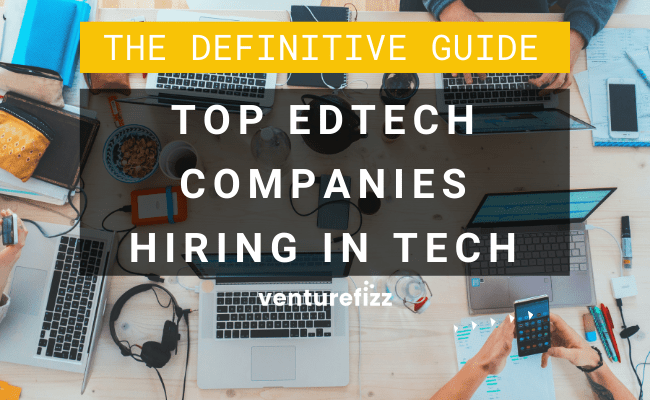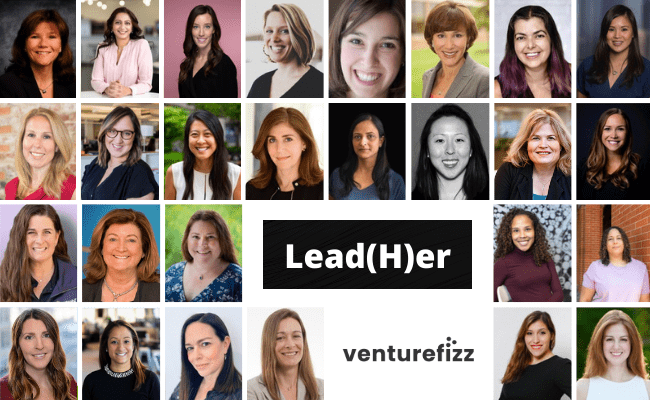Our Lead(H)er series features impressive women leaders in the tech industry. In this Q&A, we are featuring Shira Haddad, VP of Engineering at CareAcademy.
Where did you grow up and how would you describe yourself as a child?
I was born and raised in Jerusalem, Israel. I was always a geek who loved books, TV, and computers. My older siblings had an Atari computer (connected to the TV) and we spent our summers playing video games and watching TV shows together.
What did you study in college and what was your first job out of school?
I studied Mathematics at the Hebrew University of Jerusalem - I loved it; it was so different from the math I learned in High School. When I got my degree I wasn’t sure what I could actually do with it, so I decided to check this QA thing people were talking about.
Can you share the details on your career path and what were the critical moments that got you to where you are today?
My path was... unexpected. I started with QA and stumbled into management. I then went back to being an individual contributor in both QA and Product but was promoted to lead the QA team in Veson Nautical. From there I moved to lead the whole Engineering department and I really enjoyed this transition. I was always interested in the big picture and this opportunity allowed me to actually impact it.
What is your current role and responsibilities?
I recently joined CareAcademy, as their VP of Engineering. I’m currently leading Engineering and Product and am super excited about the team and the work we do here.
Looking back, is this where you thought you’d be professionally? Was it always your goal to be in this position?
Not at all! I never imagined myself to be a manager or a leader in an organization. I was always an introvert and a shy person so my future picture was always of someone who keeps to herself and codes all day. I am grateful to be here though; the challenges are never the same so the learning is constant.
For people who are looking to be in a similar position, what advice would you give to others in terms of helping them achieve their career goals?
Be open-minded and honest about the type of contribution you’d like to make to your company, community, and surroundings overall. The answers might change in time, so it’s good to always go back and ask the questions while considering the big picture.
What are the most important skills that you need to do your job well?
I think there are many answers, but I’ll highlight two: attention to detail and empathy. The former is straightforward - listen, observe and follow up on what you’re hearing. You want to grow with the job and impact from within - not from the outside, using a boilerplate of ‘best practices’. The latter is crucial - your agenda might compete with other agendas across the organization so it’s very important to acknowledge it and to try and help the others; even if it’s not spelled out in your OKR’s.
What do you find most interesting/rewarding about your work? What’s the most challenging?
The most rewarding aspect of my job is to help folks around me to have a better day at work. This takes many forms for different people around me and I think that’s also the challenge - understanding when I have the power to make an impact on the work and when do I need to step back.
Are you involved with any professional organizations outside of the company? Volunteer work
I’m a co-chair of the MassTLC Technology and Innovation community. I also mentor a few women in STEM. I really enjoy the relationships those opportunities created for me.
Q&A
What do you enjoy doing in your free time?
Watching TV and playing video games. I have two young girls and I can’t wait for them to join me in those activities - I guess not a lot has changed since I was a kid!
How do you manage stress?
See above - I love casual video games and I’ve been hooked on Stardew Valley recently. So my answer is farming and killing monsters.
How many cups of coffee do you have in a day?
I can stop whenever I want, 2-3 cups a day.
Any book or podcast recommendations?
I listen regularly to Reply All, What a Day, and 60 songs that explain the 90’s. They’re all very different from each other, but I highly recommend each and every one of them.
What advice do you have for recent college graduates?
Embrace the ways in which you are different, that’s your power and your contribution to expanding people’s perspectives.

